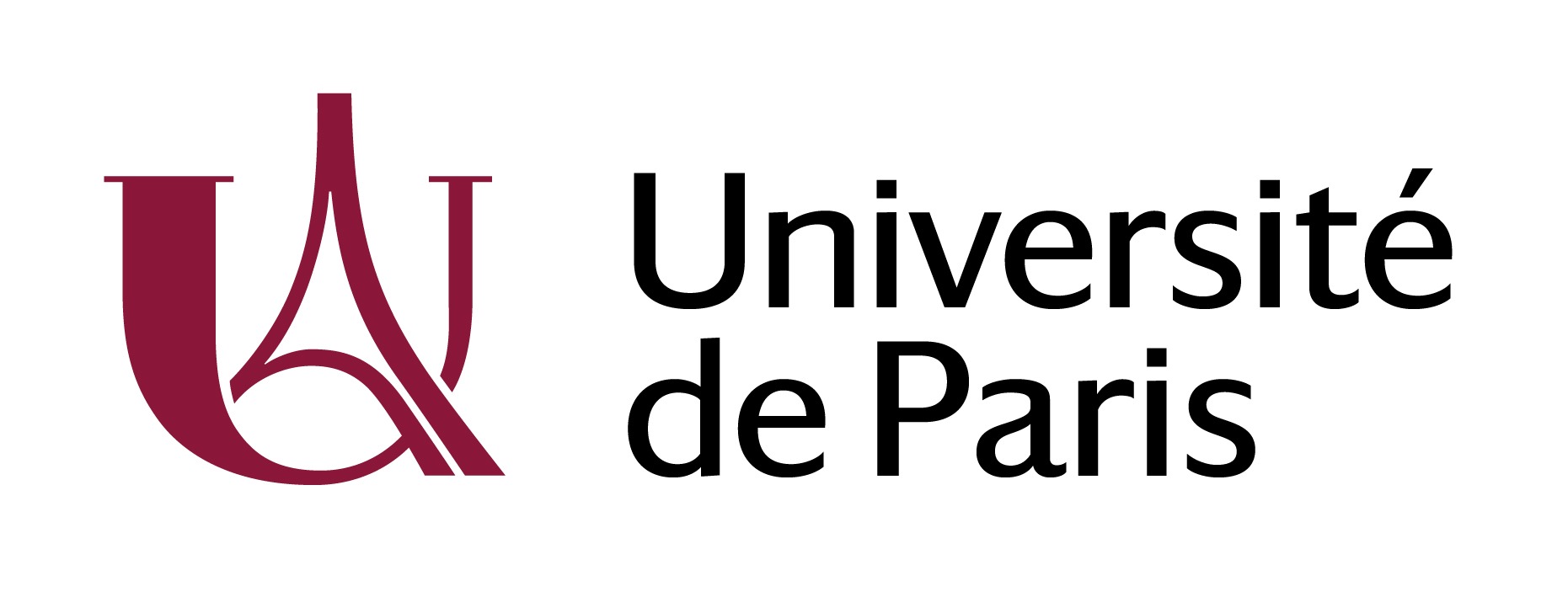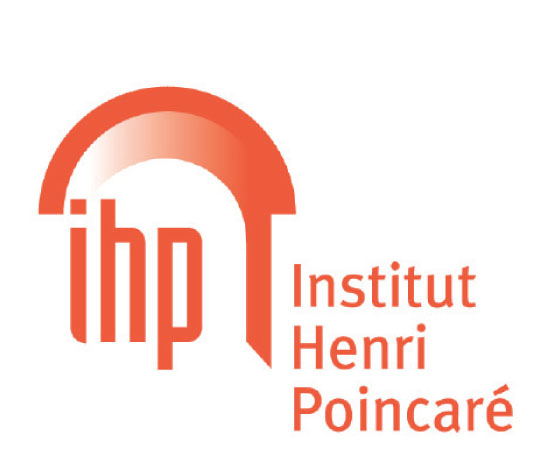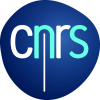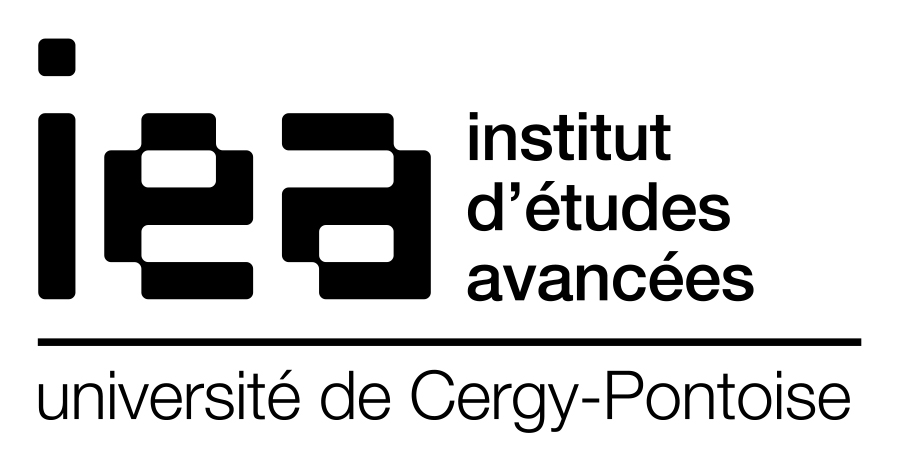


28-29 January 2020 Schedule








|
INHOMOGENEOUS RANDOM SYSTEMS
28-29 January 2020 Schedule 

|



|
|
The aim of this annual workshop, in conjunction with the "Journées de Physique Statistique" (30-31 January), is to bring together mathematicians and physicists working on disordered or random systems, and to discuss recent developments on themes of common interest. Each day is devoted to a specific topic. The workshop is hosted by Institut Curie, next door to Institut Henri Poincaré.
Tuesday 28 January:
Logarithmically correlated random fields.
Moderator:
Nathanaël Berestycki (Wien)
Gaussian multiplicative chaos was initially proposed by Kahane to describe the energy dissipation in turbulent flows following ideas of Kolmogorov and Mandelbrot. Since then it has arisen in completely different contexts including random matrices, Liouville conformal field theory, number theory, planar Brownian motion, etc. In all those cases, Gaussian multiplicative chaos appears to be a universal feature of logarithmically correlated fields going well beyond the Gaussian case studied by Kahane and others in the early days of the theory. This meeting will be an opportunity to review progress on establishing this universality, and more generally to discuss challenges and perspectives related to the study of logarithmically correlated fields.
Speakers: Antoine Jego (Wien), Janne Junnila (Lausanne), Ellen Powell (Durham), Avelio Sepulveda (Lyon), Vincent Vargas (Paris), Christian Webb (Aalto), Ofer Zeitouni (Rehovot).
Conformal field theory (CFT) is an extremely powerful tool for computing explicitly critical exponents and correlation functions of statistical mechanics systems at a second order phase transition, or of consensed matter systems at a quantum critical point. Conformal invariance is expected to be a feature of the fixed point theory obtained from the microscopic model at criticality, under appropriate averaging and rescaling operations (the action of the Wilsonian Renormalization Group). Unfortunately, an explicit connection between critical microscopic models and their conformally invariant scaling limit is still lacking in general. Nevertheless, the last decades witnessed significant progress on this topic, both from the math and physics side, where several new tools have been introduced and their ranges of applications have constantly and significantly increased: we refer here, e.g., to discrete holomorphicity, SLE, the use of lattice Ward Identities in constructive Renormalization Group, the conformal bootstrap program and its recent applications to 3D CFT. This meeting brings together probabilists, mathematical physicists and theoretical physicists working on various aspects of critical statistical mechanics systems with complementary tools, both at the discrete and the continuum level, in the hope of creating new connections between the different approaches.
Speakers: Federico Camia (Abu Dhabi), Dmitry Chelkak (Paris), Clément Hongler (Lausanne), Jesper Jacobsen (Paris), Vieri Mastropietro (Milano), Slava Rychkov (Bures).
|
|
or mail to Ellen Saada, Laboratoire MAP5,
Université de Paris,
45 Rue des Saints Pères, 75270 Paris cedex 06.
Hotel reservations and other practical informations are available on request.
| François Dunlop | Ellen Saada |
| Physique Théorique et Modélisation | Mathématiques Appliquées |
| CY Cergy Paris Université | Université de Paris |
| (33)1 3425 7509 | (33)1 7653 0376 |
| francois.dunlop@u-cergy.fr | ellen.saada@mi.parisdescartes.fr |
Program of previous sessions:
1994
- 1995
- 1996
- 1997
- 1998
(Moving fronts,
Griffiths singularities)
- 1999
2000 -
2001
- 2002 -
2003
- 2004
- 2005
- 2006
- 2007
- 2008
- 2009
- 2010
- 2011
- 2012
- 2013
- 2014
- 2015
- 2016
- 2017
- 2018
- 2019